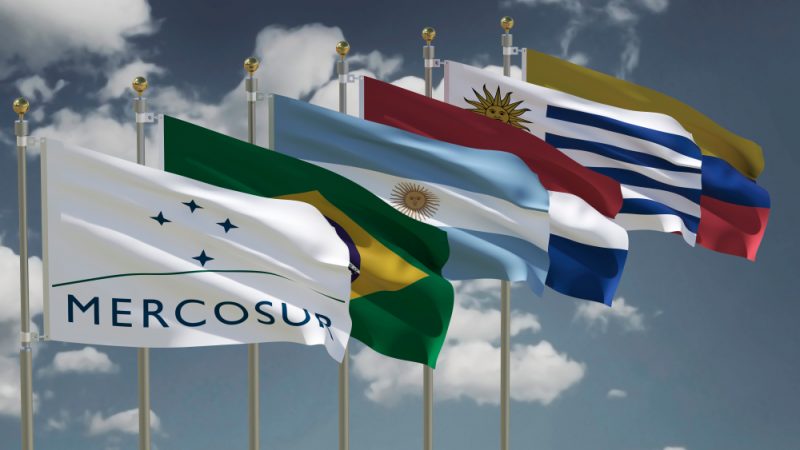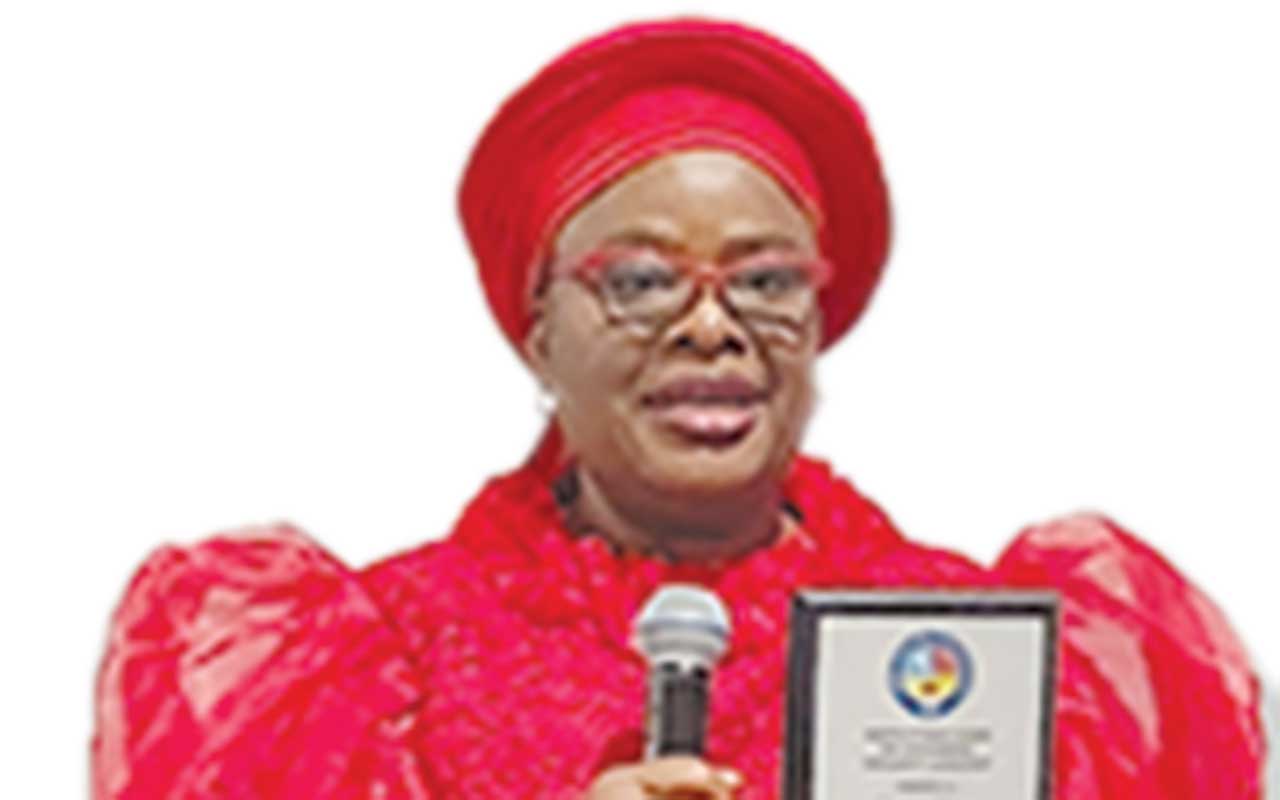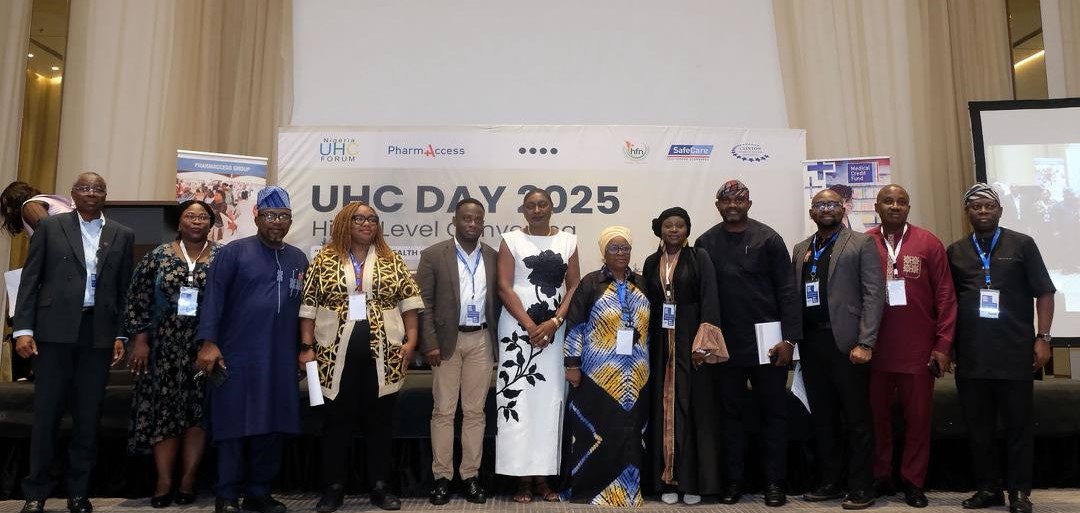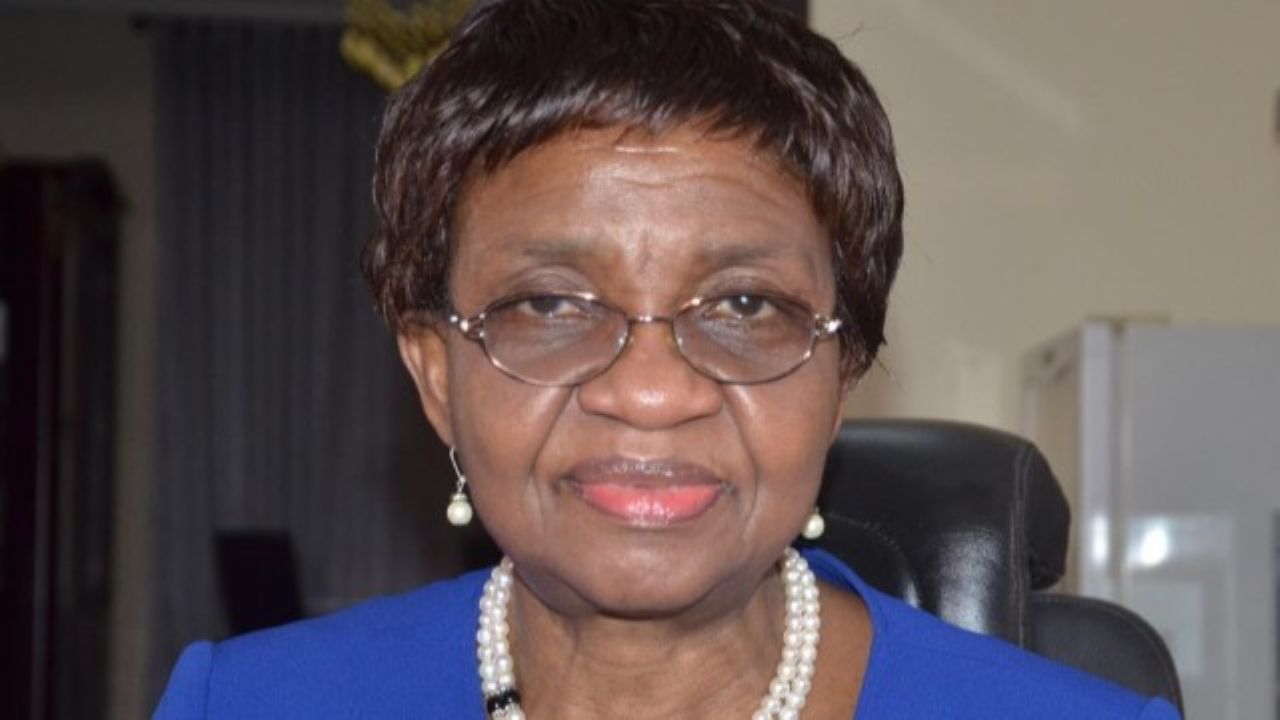
On 26 March 1991, exactly 30 years ago, the Presidents of Argentina, Brazil, Paraguay and Uruguay signed a Treaty to establish the Southern Common Market (known as MERCOSUR, in its Spanish acronym or MERCOSUL in Portuguese version) in Asunción, Paraguay.
This paved the way for the most ambitious economic process of integration in Latin America.
As issued in a media statement, the territory of MERCOSUR extends over almost 15 million square kilometres in which diverse ecosystems coexist, both terrestrial and marine.
This region has one of the largest biodiversity reserves in the world, and a population of more than 280 million inhabitants. It ranks as the fifth largest economy in the world. At its geographical heart, it has one of the most important freshwater reserves on the planet.
According to the Ambassador of Brazil, H.E. Ricardo Guerra de Araújo and the Ambassador of Argentina, H.E., Alejandro Herrero, MERCOSUR’s aims to promote economic growth and raise living standards through the establishment of a common space that generates business and investment opportunities as well as the competitive integration of national economies into international markets.
Its integration process is based on the five pillars of the Treaty of Asunción (1991): free movement of goods, services, capital and persons; common external tariff and trade policy; regulatory harmonisation and macroeconomic coordination.
In the first decade, intra-zone trade was strengthened while the last 20 years have seen a strong expansion of extra-zone trade driven by higher exports of commodities.
Last year, it recalled that MERCOSUR exported goods and services worth over 300 billion dollars and imported over 270 billion dollars from the rest of the world, whereas its intra-zone commerce reached 86 billion dollars (FOB).
This economical and commercial architecture is matched by one of MERCOSUR’s most significant achievements, which is freedom of movement. In effect, the MERCOSUR legal body grants temporary residence up to two years to nationals of the State Parties; after two years, permanent residence is granted.
For MERCOSUR, it recognises principles such as family reunification, equal civil rights and equal treatment among nationals.
Our integration is based on the principles of democracy and economic development, underpinned by humanistic values.
Aligned with these, legal instruments have been adopted in addition to the original Treaty in areas such as migration, labor, cultural and social matters, just to mention a few, which reflect the incorporation of the social dimension into an integration process centered on our citizens as well as its inhabitants’ values.
We continue to evolve by adapting and expanding our institution’s structure to meet new demands and deepen the effective participation of the citizenry. Moreover, MERCOSUR has developed many strategies designed to reduce asymmetries as well as establishing self-financing mechanisms, such as the MERCOSUR Fund for the Structural Convergence (FOCEM), among others.
MERCOSUR, in the past 30 years, has been a powerful transformative force for all its member states. Although the most obvious consequence has been the increase in intra-regional trade, there also have been significant developments in cooperation and coordination in all the areas covered by the integration process, which have resulted in broad benefits for all of our societies.
MERCOSUR, as a customs union, is its platform for integration into global trade. Thus, MERCOSUR is indeed a very active global player when it comes to trade negotiations.
After 20 years of negotiations, in June 2019, an agreement in principle between MERCOSUR and the European Union was concluded, representing the first trade agreement between two regional integration organisations, that will potentially create a goods and services market of 800 million consumers and a quarter of the world’s GDP.
In that period trade negotiations with the European Free Trade Agreement (EFTA) were also concluded. Both agreements guarantee MERCOSUR access to important markets, improving the competitiveness of its exports in Europe.
Besides traditional FTAs, MERCOSUR has a wide scope of agreements with its partners such as the Preferential Trade Agreements with the Southern African Customs Union (SACU) and India, and the Economic Complementation Agreements with Colombia, Peru, Chile and Ecuador.
Bolivia is presently going through the MERCOSUR accession process.
And currently, there are a number of negotiations in progress, at different levels and in different forms, with partners such as Canada, Republic of Korea, and Lebanon, as well as with the Pacific Alliance and member countries of the Central American Integration System, among others.
Anniversaries are customarily an occasion for taking stock and planning ahead. Looking back and comparing where we were in 1991 with where we are now, it is clear that important progress was made and concrete benefits have been achieved.
However, it is also evident that there is still much to be done, as regards the strengthening and widening of the agenda and the corresponding response at the institutional and organizational levels.
For our governments and our people, this 30th anniversary is an important moment not only to celebrate our achievements but also to renew our commitment towards the fulfillment of the values and objectives set out in 1991.






